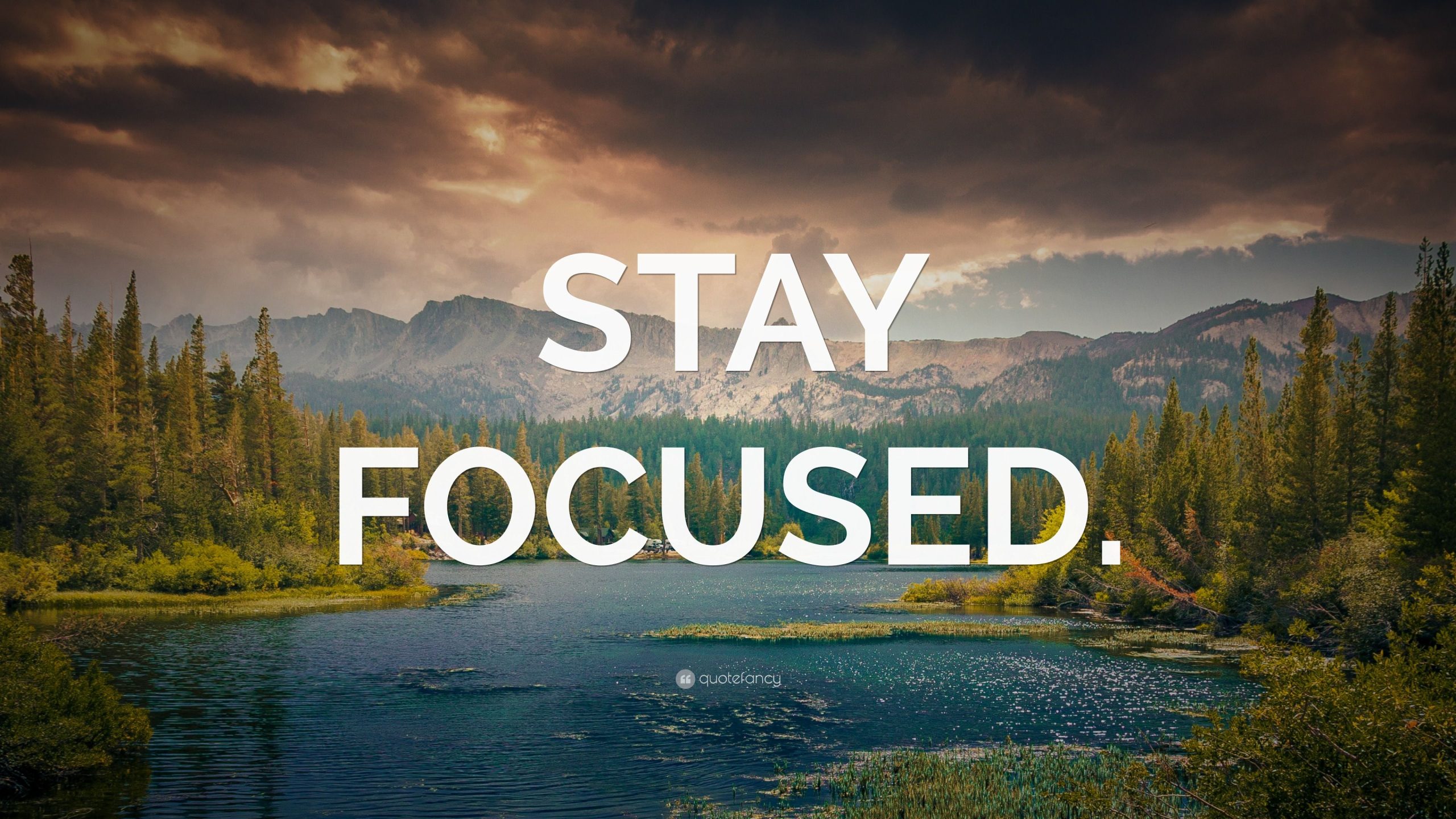
Switzerland, a landlocked marvel at the heart of Europe, conjures images of snow-capped peaks, pristine lakes, charming chalets, and precision-engineered watches. It’s a country that seamlessly blends breathtaking natural beauty with sophisticated urban centers, a rich cultural tapestry, and an unparalleled quality of life. For the discerning traveler, planning a stay in Switzerland is an exercise in choosing from an embarrassment of riches. This guide will navigate you through the best places to stay, uncover its top attractions, delve into its fascinating history, offer essential travel tips, explore accommodation options, demystify transportation, and pinpoint the best time to visit this enchanting nation.
A Tapestry of History: Switzerland’s Enduring Legacy
Switzerland’s history is as rugged and resilient as its mountains. Emerging from the Holy Roman Empire, the Old Swiss Confederacy was founded in 1291, a defensive alliance between three cantons against Habsburg rule. Over centuries, more cantons joined, forging a unique nation defined by its federalist structure and direct democracy. Its renowned neutrality, formally established at the Congress of Vienna in 1815, has allowed it to remain an island of peace amidst European conflicts, fostering a strong sense of national identity and a thriving international presence. This history is visible in its medieval old towns, imposing castles, and the enduring pride of its multi-lingual population, speaking German, French, Italian, and Romansh. Understanding this foundation helps appreciate the precision, order, and deep-rooted traditions that characterize Swiss life today.

Related Articles about Alpine Dreams and Urban Charms: Your Ultimate Guide to Staying in Switzerland:
- The Emerald Embrace: A Comprehensive Guide to Unveiling the Wonders of Peru
- Paradise Found: Your Ultimate Guide to the Best Hotels and Experiences in the Maldives
- France: A Tapestry of Timeless Charm, Culinary Delights, and Unforgettable Experiences
- The Big Apple on a Budget: Your Guide to Cheap Flights and Unforgettable Adventures in New York City
- Turkey: A Tapestry of Wonders – Unveiling Its Top Attractions, Rich History, and Essential Travel Guide
Where to Lay Your Head: A Regional Guide to Accommodation
Choosing where to stay in Switzerland largely depends on your travel style and interests. Each region offers a distinct experience, from bustling cities to tranquil alpine villages.
1. Zurich: Urban Sophistication Meets Lakeside Charm
As Switzerland’s largest city and financial powerhouse, Zurich offers a vibrant urban experience with a beautiful lakeside setting. Its well-preserved Old Town (Altstadt) with cobbled streets, medieval houses, and the iconic Grossmünster and Fraumünster churches, contrasts with modern shopping avenues like Bahnhofstrasse.
- Why Stay Here: Excellent transport links, world-class museums, high-end shopping, diverse dining, lively nightlife, and easy access to Lake Zurich for cruises and swimming. It’s a great base for day trips across German-speaking Switzerland.
- Accommodation: Zurich boasts a wide range of luxury hotels, chic boutique stays, and modern mid-range options. Areas around Bahnhofstrasse offer luxury, while the Altstadt provides charming, smaller hotels. The Seefeld district is popular for its lakeside views and upscale residential feel.
2. Geneva: International Flair on Lac Léman

Nestled at the southwestern tip of Lac Léman (Lake Geneva), Geneva is a global hub, home to the United Nations European headquarters and the Red Cross. Its French-speaking culture, elegant promenades, and stunning lake views make it a sophisticated choice.
- Why Stay Here: International atmosphere, beautiful lakeside setting, excellent museums (like the Patek Philippe Museum), and a gateway to the Jura mountains and French Alps. It’s ideal for those interested in diplomacy, watchmaking, or exploring the French-speaking region.
- Accommodation: Luxury hotels abound along the lakefront (Quai du Mont-Blanc), offering unparalleled views. Mid-range and boutique options can be found closer to the Old Town (Vieille Ville) and the train station (Gare de Cornavin).
3. Bern: The Medieval Marvel in the Heart of Switzerland
Switzerland’s charming capital, Bern, is a UNESCO World Heritage site known for its perfectly preserved medieval Old Town, arcaded shopping streets, and the iconic Zytglogge clock tower. The Aare River loops around the city, adding to its picturesque appeal.
- Why Stay Here: Relaxed atmosphere, stunning architecture, the Bear Park, Einstein House, and central location for exploring other parts of Switzerland. It offers a more intimate capital city experience than Zurich or Geneva.
- Accommodation: Boutique hotels and guesthouses within the Old Town offer historical charm. Modern hotels are available near the main train station.
4. Lucerne & Central Switzerland: Postcard Perfection
Lucerne is arguably Switzerland’s most picturesque city, famous for its Chapel Bridge (Kapellbrücke) and water tower, set against a backdrop of mountains like Mount Pilatus and Rigi. The surrounding region of Central Switzerland is a playground of lakes and peaks.
- Why Stay Here: Iconic photo opportunities, easy access to stunning mountain excursions (Pilatus, Rigi, Titlis), beautiful lake cruises on Lake Lucerne, and a charming Old Town. It’s perfect for first-time visitors seeking classic Swiss scenery.
- Accommodation: Lakefront hotels offer spectacular views. The Old Town has characterful hotels and guesthouses. For a more unique experience, consider staying in a mountain resort hotel on Pilatus or Rigi.
5. Interlaken & The Jungfrau Region: Alpine Adventure Hub
Nestled between Lake Thun and Lake Brienz, Interlaken is the gateway to the magnificent Jungfrau Region, home to the Eiger, Mönch, and Jungfrau peaks. This area is a mecca for adventure sports and dramatic alpine scenery.
- Why Stay Here: Thrilling activities (paragliding, canyoning, hiking, skiing), access to Jungfraujoch ("Top of Europe"), Lauterbrunnen Valley (with its 72 waterfalls), and charming villages like Grindelwald, Wengen, and Mürren.
- Accommodation: Interlaken offers a mix of hotels, hostels, and guesthouses, catering to all budgets. For a truly immersive alpine experience, stay in one of the car-free mountain villages like Wengen or Mürren, offering direct access to hiking trails and ski slopes.
6. Zermatt & The Valais: Matterhorn Majesty
Zermatt, a car-free village in the German-speaking Valais canton, is synonymous with the iconic Matterhorn. It’s a world-renowned destination for skiing, hiking, and mountaineering.
- Why Stay Here: Unbeatable views of the Matterhorn, extensive hiking and skiing networks, charming village atmosphere, and a focus on outdoor pursuits.
- Accommodation: Zermatt has a wide array of luxury hotels, cozy chalets, and apartments, many offering Matterhorn views. Book well in advance, especially during peak ski season or summer hiking months.
7. Lugano & Ticino: Mediterranean Dreams in the Alps
Venturing south of the Alps, the Italian-speaking canton of Ticino offers a delightful contrast. Lugano, its largest city, boasts palm trees, vibrant piazzas, and a Mediterranean climate on the shores of Lake Lugano.
- Why Stay Here: Warm climate, Italian culture, delicious food, beautiful lakes, and a relaxed atmosphere. It’s a great option for those seeking sunshine, lakeside relaxation, and a taste of Italy within Switzerland.
- Accommodation: Lakeside hotels and charming boutique options are prevalent in Lugano. For a quieter stay, explore villages around Lake Lugano or Lake Maggiore.
Beyond the Bed: Switzerland’s Irresistible Attractions
No matter where you choose to stay, Switzerland’s top attractions are often accessible by its incredible public transport network.
- The Matterhorn: The iconic pyramidal peak, best viewed from Zermatt.
- Jungfraujoch – Top of Europe: Europe’s highest railway station, offering panoramic views of glaciers and peaks.
- Lake Geneva (Lac Léman): Home to the Jet d’Eau, Chillon Castle, and charming lakeside towns.
- Chapel Bridge (Kapellbrücke) & Water Tower, Lucerne: Switzerland’s most photographed landmark.
- Old Town Bern: A UNESCO World Heritage site with medieval arcades and the Zytglogge clock tower.
- Rhine Falls: Europe’s most powerful waterfall, near Schaffhausen.
- Swiss National Park: A pristine wilderness for hiking and wildlife spotting in Graubünden.
- Mount Pilatus & Rigi: Accessible mountain peaks near Lucerne, offering stunning views and unique railway experiences.
- Chillon Castle: A beautifully preserved medieval castle on Lake Geneva.
Navigating the Swiss Landscape: Transportation Made Easy
Switzerland boasts one of the world’s most efficient, integrated, and punctual public transportation systems.
- Swiss Travel Pass: This is almost always the best option for tourists. It offers unlimited travel on trains, buses, and boats across the entire Swiss Travel System network, including most scenic routes. It also grants free or discounted access to over 500 museums and mountain excursions.
- Trains: The backbone of Swiss transport, offering comfortable, scenic, and frequent services connecting virtually every town and city. Famous panoramic routes include the Glacier Express and Bernina Express.
- Buses: Connect smaller towns and villages not served by train, extending the reach of public transport.
- Boats: Offer delightful journeys on Switzerland’s numerous lakes, often included in the Swiss Travel Pass.
- Cable Cars & Funiculars: Essential for reaching mountain peaks and ski resorts, offering breathtaking views.
- Driving: While roads are excellent, public transport is so efficient and comprehensive that a car is often unnecessary and can be a hindrance in car-free villages and expensive in terms of parking.
Finding Your Perfect Perch: Accommodation Options
Switzerland caters to every budget and travel style, from opulent lakeside resorts to cozy mountain huts.
- Luxury Hotels: Found in major cities (Zurich, Geneva) and prime resort towns (Zermatt, St. Moritz), offering impeccable service, gourmet dining, and often spa facilities.
- Boutique Hotels: Smaller, stylish hotels with unique designs and personalized service, often found in historic city centers.
- Mid-Range Hotels: A wide selection of comfortable and well-appointed hotels offering good value, usually close to train stations or city centers.
- Hostels & Guesthouses: Excellent quality hostels provide budget-friendly options, often with private rooms. Guesthouses offer a more personal, local experience.
- Apartments & Chalets: Ideal for families or longer stays, offering self-catering facilities and a homely feel. Platforms like Airbnb are popular.
- Mountain Huts (SAC Huts): For hikers and mountaineers, these basic but charming huts offer dormitory accommodation and meals in remote alpine settings.
- Farm Stays (Agriturismo): A unique way to experience rural Swiss life, staying on a working farm.
When to Visit: A Seasonal Symphony
Switzerland offers distinct charms throughout the year, making the "best" time to visit dependent on your preferred activities.
- Summer (June – August): The most popular time. Ideal for hiking, mountain biking, swimming in lakes, and enjoying the vibrant green landscapes. Temperatures are warm but comfortable. Expect larger crowds and higher prices.
- Autumn (September – October): A magical time with fewer crowds, crisp air, and stunning golden foliage, especially in the vineyards and lower mountain regions. Excellent for hiking and enjoying regional festivals.
- Winter (November – March): Prime season for skiing, snowboarding, and other winter sports. Cities sparkle with Christmas markets. The landscape is transformed into a snowy wonderland. Expect cold temperatures and resort towns to be bustling.
- Spring (April – May): A transitional period. Lower altitudes see blooming flowers and greening pastures, while higher peaks still retain snow. Good for city breaks and lower-elevation hiking, with fewer tourists and often lower prices. Some mountain transport may be closed for maintenance.
Essential Swiss Travel Tips
- Currency: The Swiss Franc (CHF). While some places accept Euros, change will usually be given in CHF.
- Languages: Switzerland has four national languages: German, French, Italian, and Romansh. English is widely spoken in tourist areas.
- Tipping: Service charges are usually included. Tipping is not obligatory but appreciated for excellent service (round up or add 5-10%).
- Punctuality: Swiss public transport is famously punctual. Arrive a few minutes early for trains and buses.
- Water: Tap water is safe and delicious to drink throughout Switzerland. Carry a reusable bottle.
- Cost: Switzerland is known for being expensive. Budget accordingly, especially for food and accommodation. Eating from supermarkets or taking advantage of hotel breakfast can save money.
- Packing: Layering is key, regardless of the season, due to varying altitudes. Good walking shoes are essential.
- Reservations: Especially for popular hotels, mountain trains, and restaurants in peak season, book in advance.
From the cosmopolitan allure of Zurich and Geneva to the raw majesty of the Matterhorn and Jungfraujoch, Switzerland offers an unforgettable journey. Whether you seek thrilling alpine adventures, serene lakeside retreats, or cultural immersion in medieval towns, its exceptional infrastructure and diverse accommodation options ensure a seamless and memorable stay. Embrace the precision, natural beauty, and warm hospitality, and prepare to be captivated by the timeless charm of Switzerland.





